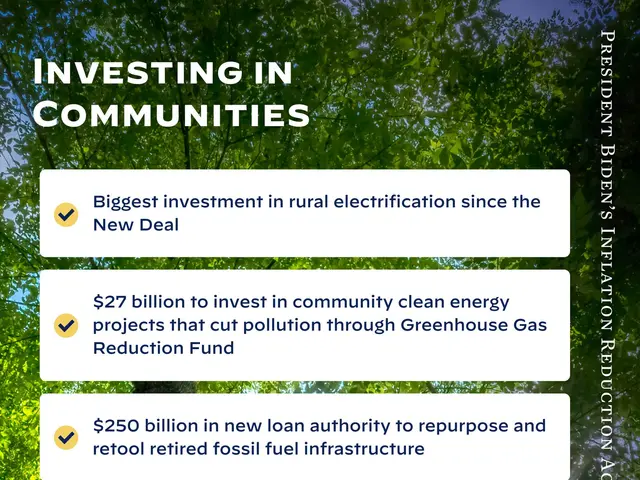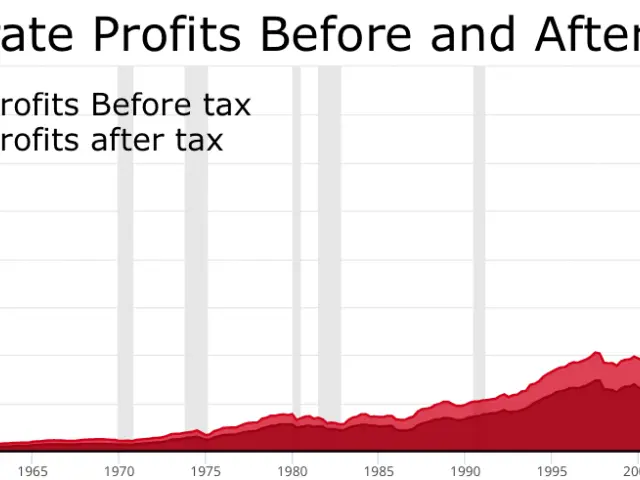Today witnessed a significant surge in Nvidia's stock value.
Nvidia's share price saw a notable boost on Tuesday, surging by 8.9% despite a turbulent market day. The S&P 500 and Nasdaq Composite also managed gains of 0.9% and 2% respectively. The turnaround in Nvidia's stock can be attributed to some relief following a major sell-off the previous day, instigated by a new AI competitor, DeepSeek.
DeepSeek, a Chinese AI model, recently launched a new version that has left some investors less than thrilled. Despite lacking the financial backing and hardware infrastructure of its U.S. counterparts, DeepSeek's team managed to create an AI model that rivals those from OpenAI and Amazon. This triggered a wave of concern that demand for U.S. hardware could dwindle. As a result, Nvidia's stock plummeted by nearly 20% overnight.
Yet, as the dust settles, it appears the fears might be slightly overblown. While there's no denying that a more efficient model could potentially decrease demand for Nvidia's chips, it's hardly a guarantee. In economic terminologies, the concept of the Jevons Paradox might come into play here. This theory assumes that increased efficiency in a market often leads to more demand, not less. If DeepSeek's model propels AI models to leap forward in efficiency, it could lead to a surge in demand for AI applications.
Now, let's delve a bit deeper into this complex issue. DeepSeek's AI models, particularly the R1 model, have seen a significant surge in demand for Nvidia's H200 graphics processing units (GPUs) among cloud providers and AI inference services. However, this demand explosion hasn't necessarily translated to a corresponding increase in Nvidia's stock prices. The market turmoil seems to be more attributed to broader concerns about DeepSeek's potential disruption of Nvidia's dominance in the AI hardware market.
It's also worth acknowledging that the global semiconductor market is in the throes of exponential growth. This growth spurt is expected to hit 19% in 2024, fueled primarily by AI-driven demand for GPUs and high-bandwidth memory. If the current trends persist, the semiconductor sector should continue to expand by 12% in 2025. Even in this growth environment, visibility remains obscured by potential competition from alternative hardware solutions.
To wrap up, the market dynamics brought about by DeepSeek are intricate and intertwined. While its AI models have spurred a surge in demand for specific Nvidia chips, its long-term impact on U.S. AI hardware remains uncertain. The broader AI-related hardware demand growth, coupled with lingering concerns about Nvidia's dominance, creates a complex landscape. Yet, amidst the uncertainty lies potential for growth, driven largely by the increasingly significant role of AI applications in diverse industries.
In light of the surge in demand for Nvidia's H200 GPUs due to DeepSeek's R1 model, some investors might consider investing in Nvidia's stock, seeing it as an opportunity to capitalize on the growing AI market. However, the overall finance market is still apprehensive about DeepSeek's potential disruption of Nvidia's dominance in the AI hardware sector, which could impact the company's stock price.








